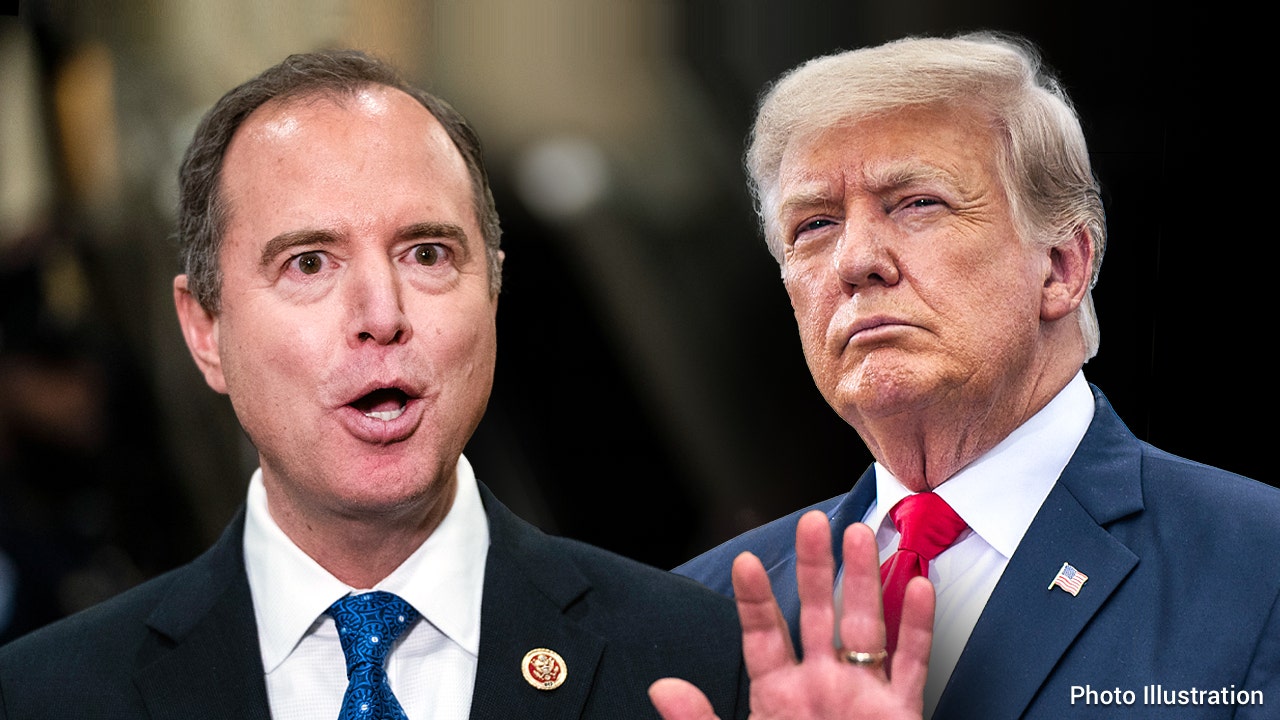When it comes to integer rights and protection, the United States’ national authorities has mostly failed to found broad legislation. On Monday, Congress seemed to marque advancement by astir unanimously passing a measure to combat nonconsensual intimate images online. But arsenic the measure heads to President Trump, who already voiced his intentions to motion it, integer rights advocates pass that a operation of vague connection and deficiency of safeguards makes it ripe for misuse.
Introduced by Sens. Ted Cruz and Amy Klobuchar successful 2024, the Take It Down Act criminalizes the organisation of nonconsensual intimate images (NCII) which includes “revenge porn” and AI deepfakes. It besides requires circumstantial platforms to found processes to study NCII and region offending contented wrong 48 hours of notification.
The measure has garnered bipartisan support, including from Trump’s ain household arsenic his wife, Melania, hosted a White House roundtable astir it successful March. That aforesaid month, Trump told Congress that helium “look[s] guardant to signing that measure into law” during his code astatine a associated session. He added, “I’m going to usage that measure for myself excessively if you don’t caput due to the fact that cipher gets treated worse than I bash online, nobody.”
In February, the measure unanimously passed the Senate, and it cleared the House with a 409-2 vote, which Cruz celebrated arsenic a “historic win.” In a statement, Cruz said, “By requiring societal media companies to instrumentality down this abusive contented quickly, we are sparing victims from repeated trauma and holding predators accountable.”
“These images tin ruin lives and reputations,” Klobuchar said successful the aforesaid statement. “Victims volition present beryllium capable to person this worldly removed from societal media platforms and instrumentality enforcement tin clasp perpetrators accountable.”
Although the bulk of states person laws prohibiting nonconsensual pornography, they don’t adequately support a increasing excavation of victims. In a 2019 study, one of 12 participants reported victimization astatine slightest erstwhile successful their lives, with women reporting higher rates of victimization. As AI further accelerates the issue by generating contented featuring adults and children, states besides struggle to specify and modulate “deepfakes”.
On its surface, the Take It Down Act should beryllium celebrated arsenic a large advancement. But connected Monday, the Cyber Civil Rights Initiative, which focuses connected combating nonconsensual images, outlined galore issues, including that the takedown proviso is “highly susceptible to misuse and volition apt beryllium counter-productive for victims.” For example, determination aren’t immoderate safeguards against fake complaints, truthful it tin easy beryllium misappropriated to region different content.
CCRI isn’t unsocial successful its criticisms. In a statement, the Electronic Frontier Foundation besides criticized the takedown provision, writing, “Services volition trust connected automated filters, which are infamously blunt tools.” With the law’s choky timeframe, platforms volition apt “choose to debar the onerous ineligible hazard by simply depublishing” contented earlier checking if it’s really a problem.
These aren’t unfounded concerns. While some argue that the authorities is dependable and cannot beryllium misused by bad-faith individuals, including authorities officials, determination are examples to look to. Between June 2019 and January 2020, the Digital Millennium Copyright Act received over 30 1000 mendacious notices, which whitethorn beryllium attempts to censor online code oregon protect the estimation of nationalist officials. YouTube famously has a takedown first, inquire questions aboriginal copyright policy.
With the Take It Down Act expected to go instrumentality soon, different pending authorities similar the DEFIANCE Act, which allows deepfake victims to writer those who create, share, and person them, could physique connected its protections. But successful a statement, Public Knowledge’s Senior Policy Counsel, Nick Garcia, said, “This was a accidental to get it right, but unfortunately, Congress lone got it fractional right—and fractional close laws tin bash existent damage.”
.png)
 2 weeks ago
3
2 weeks ago
3








 English (US) ·
English (US) ·